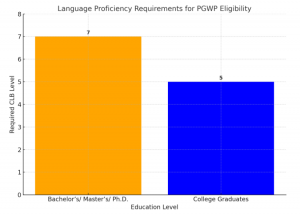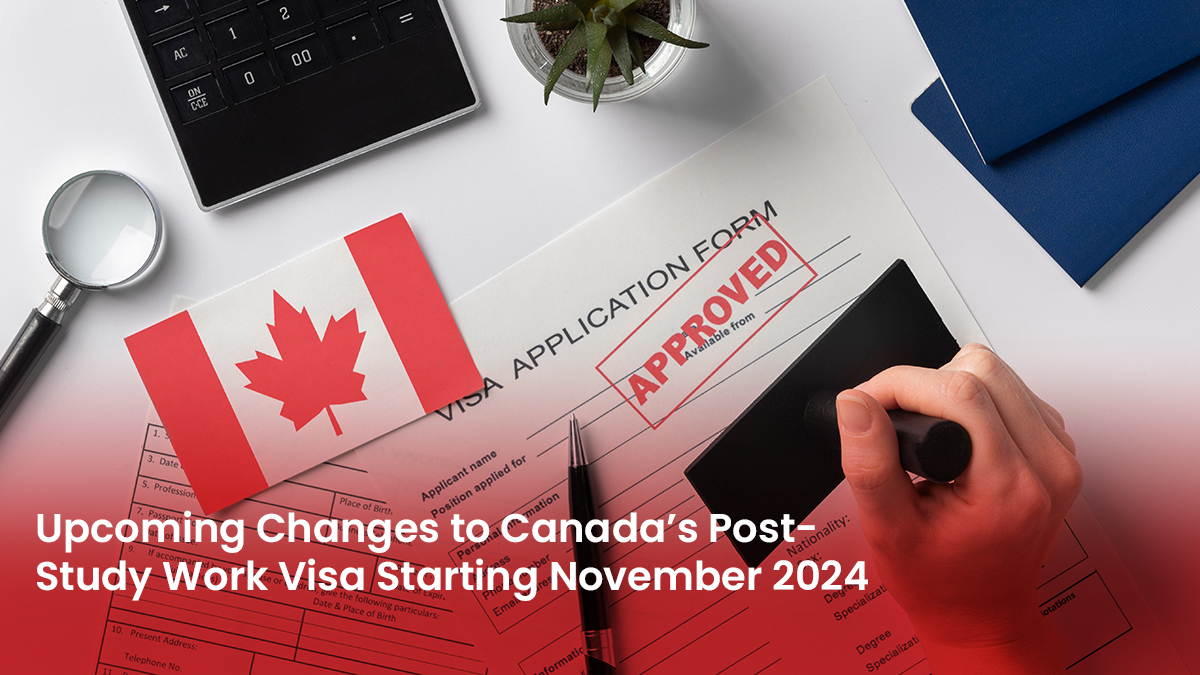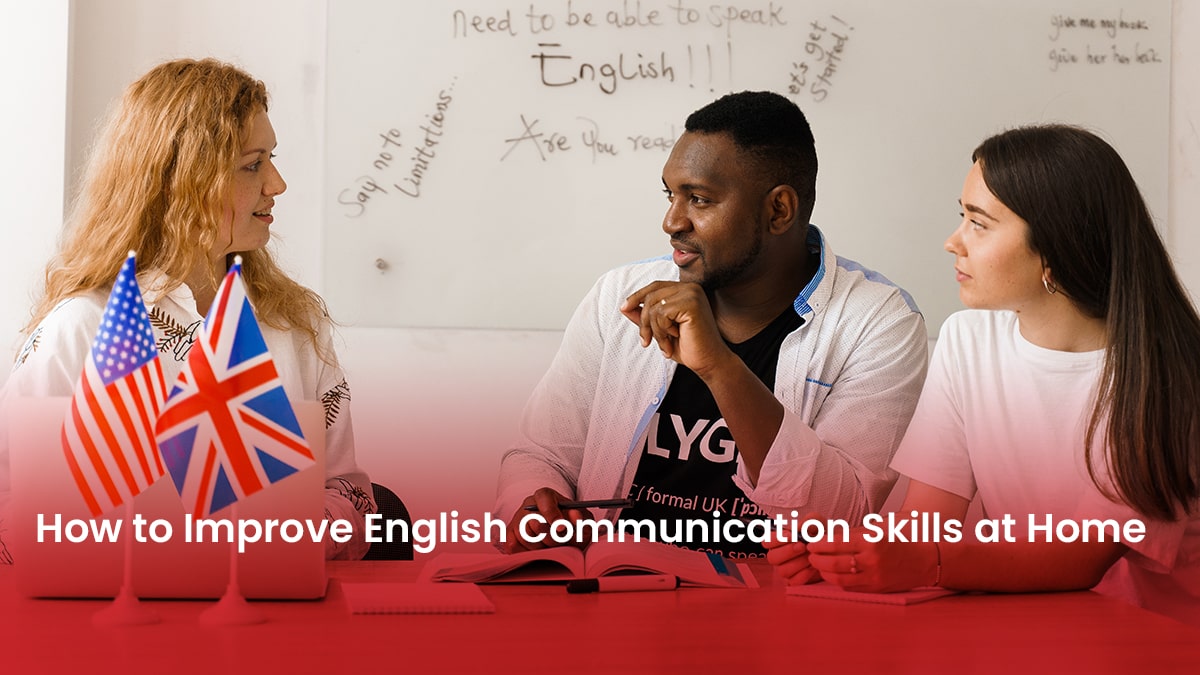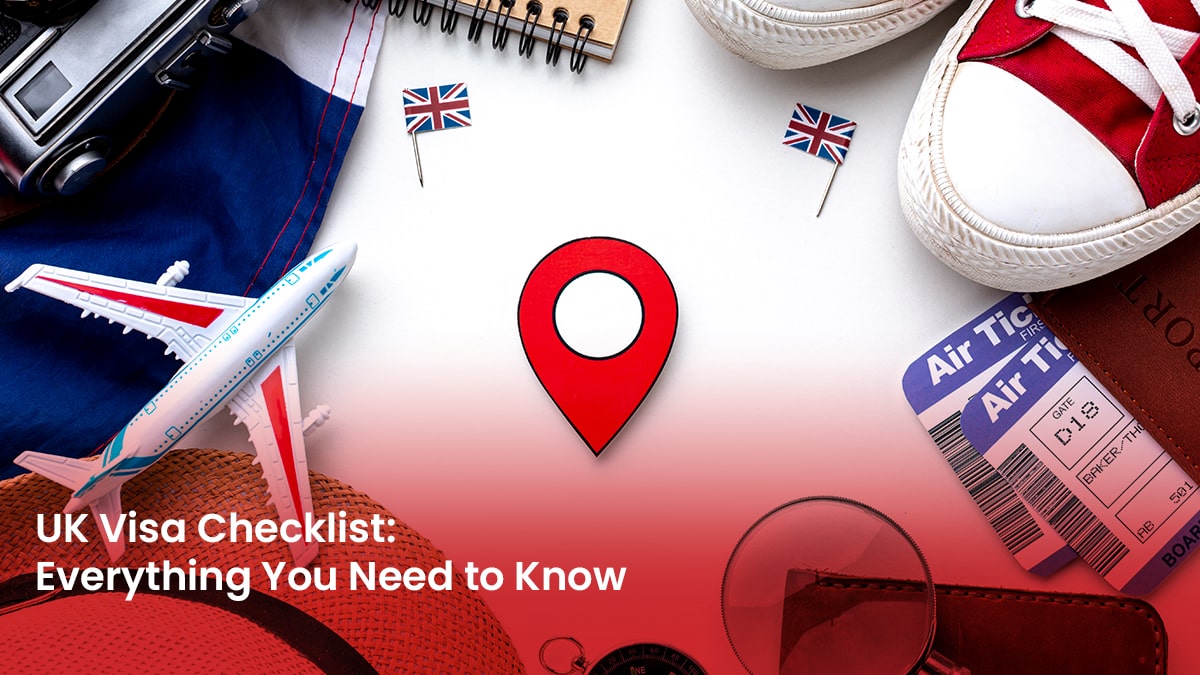For many international students, Canada has long been a preferred destination for higher education, offering the opportunity to stay and work after graduation through the Post Study Work Visa Canada. However, significant changes are coming to this program, starting from November 1, 2024. These changes could impact the career opportunities in Canada for students who do not meet the new language proficiency standards.
In this blog, we will explore the upcoming post study work visa Canada requirements, how they affect international students, and what institutions and students can do to prepare for these changes.
Overview of Post-study Work Visa in Canada
The Post Study Work Visa Canada (officially called the Post-Graduation Work Permit, or PGWP) allows international students who have completed their studies at a Designated Learning Institution (DLI) to work in Canada for up to three years, depending on the length of their study program. It is a crucial path for students to gain Canadian work experience, which could lead to permanent residency.
However, starting November 1, 2024, the Canadian government will implement new language proficiency requirements that will determine a student’s eligibility for this work visa.
What is a Post-Study Work Visa in Australia?
Key changes in the Post-study Work Visa Canada requirements
1. Language proficiency requirements:
The most significant change to the post study work visa Canada requirements involves the introduction of minimum language proficiency levels. Depending on the level of education completed, students must meet these language benchmarks to qualify for the PGWP:
| Education Level | Required Language Proficiency |
| Bachelor’s, Master’s, Ph.D. | CLB 7 (English) or NCLC 7 (French) |
| College graduates | CLB 5 (English) or NCLC 5 (French) |
Here is a visual graph representing the language proficiency requirements for the Post-Graduation Work Permit (PGWP) eligibility based on education level:

2. The new language standards are designed to ensure that international students possess adequate language skills to integrate into the Canadian workforce.
3. Impact on Non-STEM and Non-Healthcare graduates:
Non-STEM and non-healthcare students may face stricter eligibility criteria due to increased competition for the PGWP. Fields like business, arts, and social sciences could see a higher bar for language proficiency as well, making it essential for students in these fields to enhance their language skills.
4. No change in duration:
Fortunately, the post study work visa Canada duration will remain unchanged. Graduates will still be able to work in Canada for a period equal to the length of their study program, up to a maximum of three years.
How to Work Part-time as an International Student?
Why the changes?
The Canadian government aims to align the post study work visa for international students in Canada with labor market needs, ensuring that international graduates are better prepared for Canada’s competitive workforce. With the new language requirements, the government hopes to enhance employability and integration for international students.
Furthermore, these changes are a response to the increasing demand for skilled workers in Canada, especially in industries that require strong communication skills in English and French.
How will this impact international students?
The upcoming changes to the post study work visa in Canada will significantly affect students who do not meet the required language proficiency levels. Below are some of the key impacts:
- Limited post-study work opportunities:
Students who do not meet the new language proficiency requirements may lose their eligibility for the PGWP. This could severely limit their opportunities to gain Canadian work experience after graduation. - Increased academic pressure:
Students will now need to focus not only on their academic studies but also on achieving the required language proficiency scores. This added pressure could make it more challenging for some students to balance their coursework and language preparation. - Higher competition:
With stricter language requirements, international students—especially those in non-STEM or non-healthcare fields—may face tougher competition in securing a PGWP. It is crucial for these students to focus on improving their language skills to remain competitive.
Australia Updates Post-Study Work Visa for Indian Students
What can institutions and students do to prepare?
For institutions
- Enhance language support:
Educational institutions should provide comprehensive language courses in both English and French to help students meet the new language requirements. Offering dedicated language preparation programs can increase students’ chances of success. - Communicate early:
Institutions need to ensure that students are aware of these changes well in advance. Communication regarding the new post study work visa Canada requirements should start as soon as possible to allow students ample time to prepare. - Provide resources and workshops:
Universities and colleges should organize workshops, language proficiency seminars, and one-on-one coaching to help students meet the language benchmarks. These resources will be crucial in ensuring that students are ready for the changes by November 2024.
For students
- Start preparing for language tests:
Students must start preparing for the language proficiency tests well before graduation. Aiming for CLB 7 (for degree holders) or CLB 5 (for college graduates) is essential for obtaining a post study work visa in Canada. - Take advantage of university resources:
Many universities offer language support and preparation classes. Students should take full advantage of these resources to improve their language skills and ensure they meet the requirements for the PGWP. - Monitor Canada work visa news:
Keeping up with the Canada work visa latest news is important for staying informed about any additional changes that could affect the post-study work visa or immigration policies.
Canada work visa news: What’s next?
The Canada work permit visa latest news suggests that these language requirements are part of a broader effort by the Canadian government to streamline immigration and work visa processes. More changes may follow, and students should stay informed to ensure they meet all the necessary requirements.
These changes emphasize the importance of language skills for international students, making it more crucial than ever to stay updated with the new post study work visa rules Canada.
Conclusion
The upcoming changes to Canada’s Post Study Work Visa Canada will significantly impact international students starting from November 2024. With new language proficiency requirements in place, students and institutions must prepare well in advance. By focusing on language preparation, students can ensure they remain eligible for the PGWP and continue to take advantage of the numerous opportunities available in Canada.
MSM Unify overseas education consultant is here to guide both students and institutions through these changes, offering support to help international students achieve their career goals in Canada.
FAQs about Canada’s Post-study Work Visa
1. What are the new language proficiency requirements for the Post-Study Work Visa?
Bachelor’s, Master’s, and Ph.D. graduates must meet CLB 7 (English) or NCLC 7 (French), while college graduates must meet CLB 5 (English) or NCLC 5 (French).
2. When will these changes take effect?
The new language proficiency requirements will come into effect on November 1, 2024.
3. Does the duration of the Post Study Work Visa change with these new rules?
No, the post study work visa Canada duration remains the same. Graduates can work in Canada for a period equal to their study duration, up to three years.
4. Can a person with a Canada PR work in the USA after obtaining a work permit?
No, having a Canada PR does not automatically allow someone to work in the USA. They must obtain a U.S. work visa to be eligible for employment there.
5. How can institutions support students in meeting the new language requirements?
Institutions can provide language support programs, offer language prep classes, and organize workshops to help students improve their English or French proficiency.












